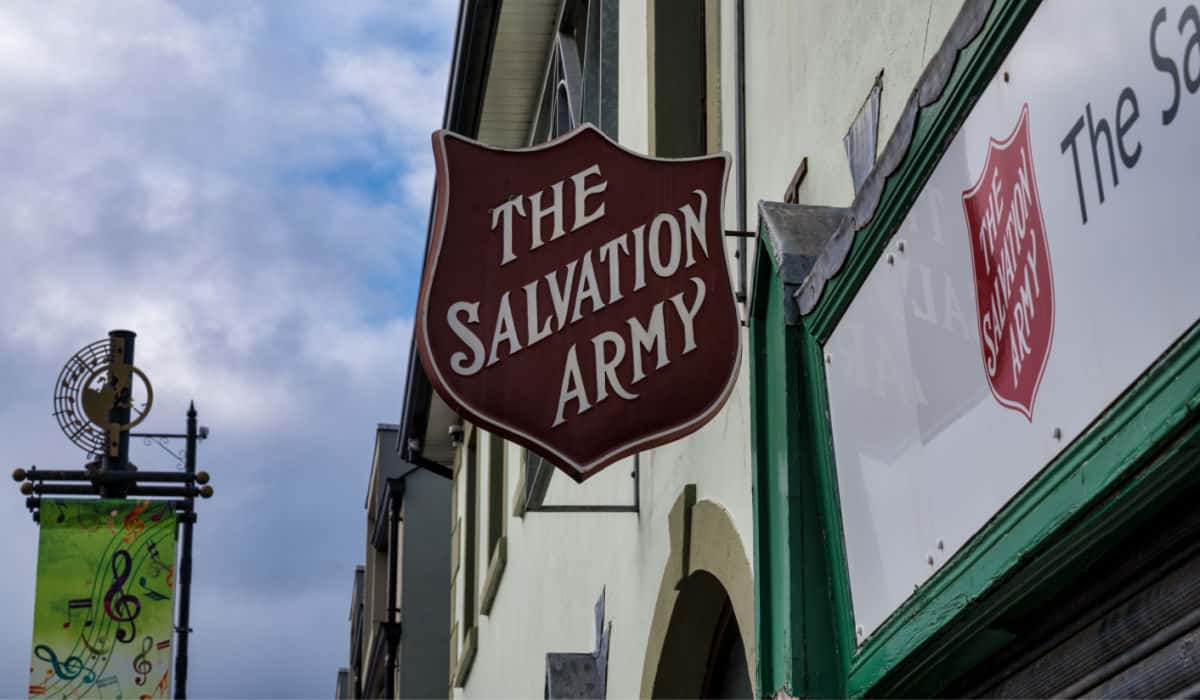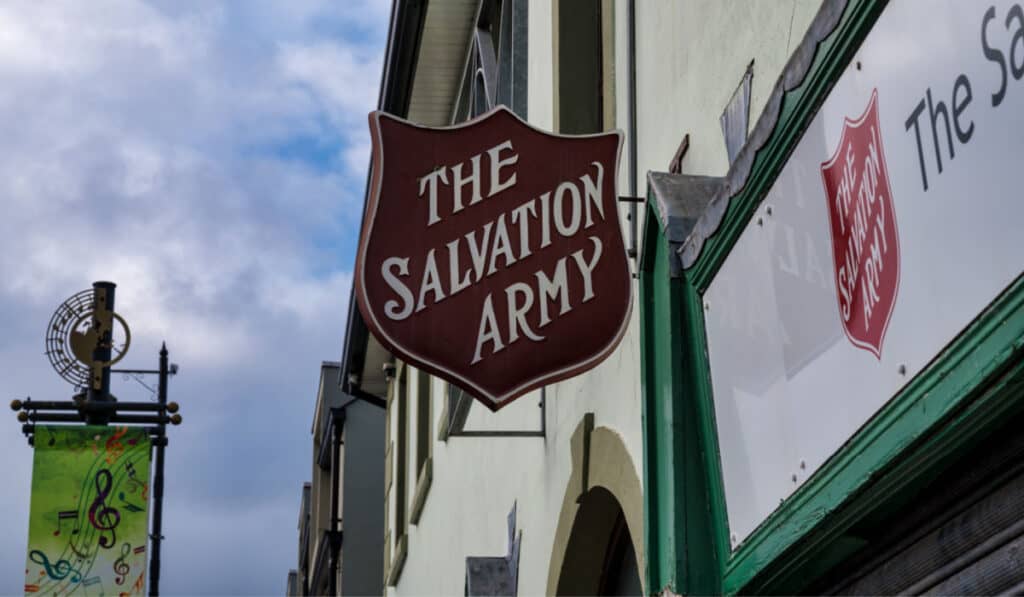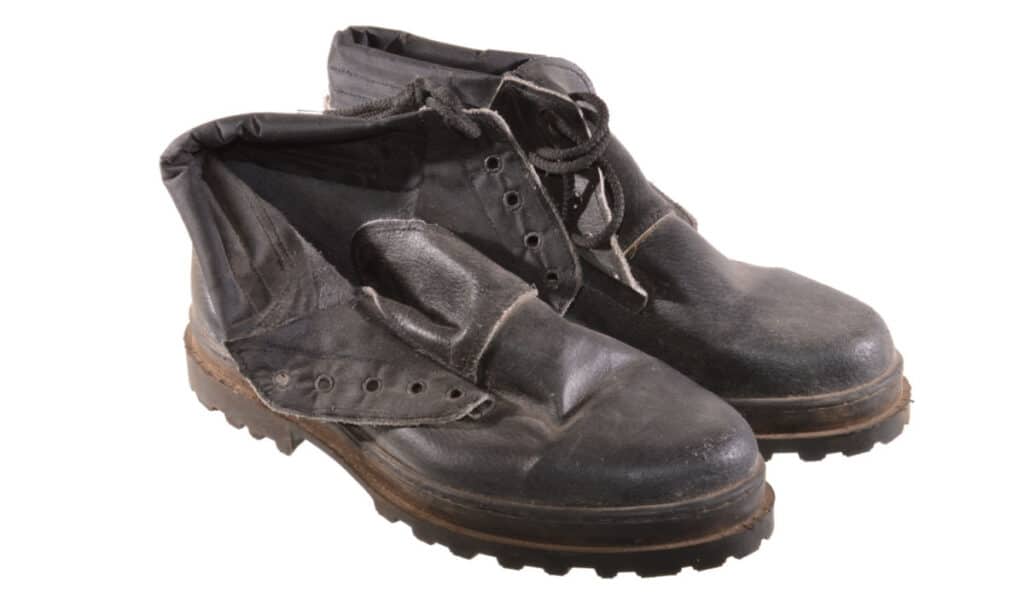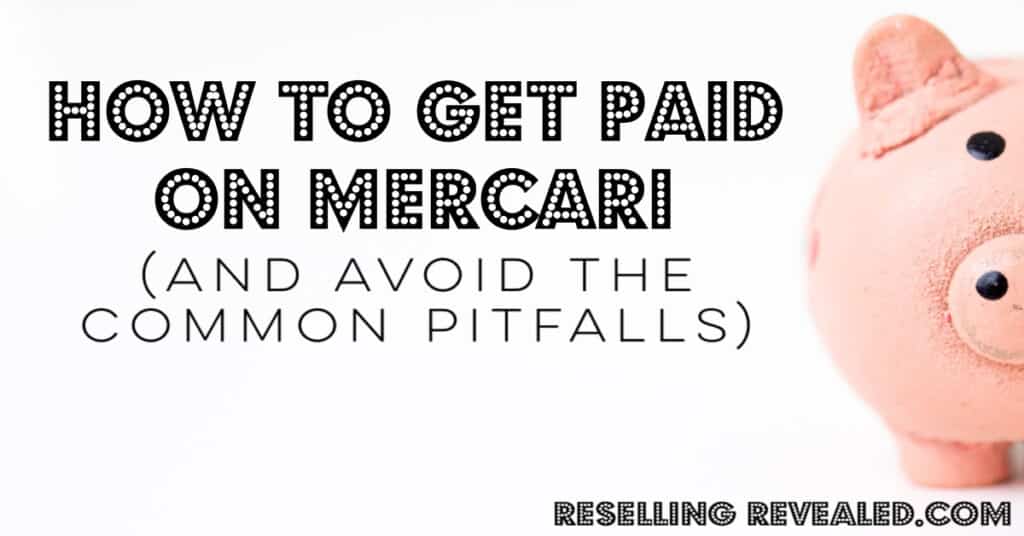As an Amazon Associate I earn from qualifying purchases.
I used to love donating to one of my local big box thrift stores. When I donated enough, they would give out 30% coupons which I would use to head right into the store and find things to flip.
That is, until the day that I learned they were throwing most of my donations straight into the dumpster. They simply had too much stuff to sell.
Donating to thrift stores can feel good but not if you don’t know whether your donation is being used to support a good cause.
Most thrift stores are purposefully vague about how exactly they help the community, and most of their emphasis on donations remains on receiving them. This can be annoying for someone who would like the certainty of knowing that the store’s profits back a real charity.
Are thrift stores non-profit? Thrift stores are non-profit in some cases and for-profit in others. There is no legal obligation to disclose non-profit status, so you should treat each store as a for-profit business unless it clearly declares its status as a non-profit organization.
And if you think you can trust all non-profits, you’re in for a surprise! As this article exposes, most thrift stores do not declare what they do with their profits or what percentage of their proceeds go toward the causes they support.
You will also discover two indicators that can guarantee that your donation to a thrift store or a purchase from it makes the maximum charitable impact. But to arrive at that, you need to understand how thrift stores handle their revenue.
National Non-Profit Thrift Stores
If you’re looking for non-profit thrift stores there isn’t a comprehensive list I’m aware of that will tell you exactly where to shop. Your best bet will probably be mom-and-pop thrift stores that are attached to specific causes (such as shelters or possible churches).
However, there are a few national non-profit thrift stores where you can shop guilt-free!
- Goodwill Industries: You might shocked to see Goodwill on this list but they are registered as a 501(c)(3) non-profit. Goodwill operates more than 3,200 thrift stores across the country so you can probably find one near you!
- The Salvation Army: Has locations in more than 7,000 U.S. towns and cities. Their thrift stores fund adult rehabilitation centers, which assist those with drug and alcohol addiction.
- Habitat for Humanity ReStores: These stores sell new and gently used furniture, appliances, home goods, and building materials. Proceeds help Habitat for Humanity build, rehabilitate, and repair affordable homes globally.
- Pickup Please/Vietnam Veterans of America: This organization, though less widespread, sells donated goods to support local, state, and national programs for U.S. veterans.
- AMVETS National Service Foundation: Operates in 22 U.S. states, serving veterans since 1944. They run thrift stores to fund veteran assistance programs like community outreach and job training.
- Planet Aid: Aims to keep textiles out of landfills while helping individuals in impoverished nations. They collect and resell used fabrics in developing countries.
- Animal Shelters: Donations can support animals rescued from abusive situations or awaiting adoption.
Nonprofit vs Not-For-Profit Thrift Stores
The terms “nonprofit” and “not-for-profit” are often used interchangeably (by people who are unaware) but they can have distinct meanings in the context of thrift stores.
Nonprofit thrift stores are typically operated by organizations that are registered as nonprofits for tax-exempt purposes.
Goodwill Industries and The Salvation Army are prime examples of nonprofit thrift stores where the proceeds from their thrift stores directly support their charitable missions.
In general, the primary goal of these stores’ is to support the mission of the organization, which could range from funding community programs to supporting environmental initiatives.
On the other hand, not-for-profit thrift stores may also operate for a cause, but their scope is often narrower, focusing on specific community needs or small-scale projects (such as an animal shelter). While they don’t seek to profit from their operations, any surplus revenues are usually reinvested into their specific cause or community rather than a broader charitable mission.
In both cases, the common thread is that the primary motivation isn’t profit, but rather supporting a cause, whether it’s broad-based (nonprofit) or more localized (not-for-profit).
What Do Thrift Stores Do With the Money They Make?
There are two types of thrift stores. The larger chains are known for their non-profit interests and single-branch entities that operate like regular businesses.
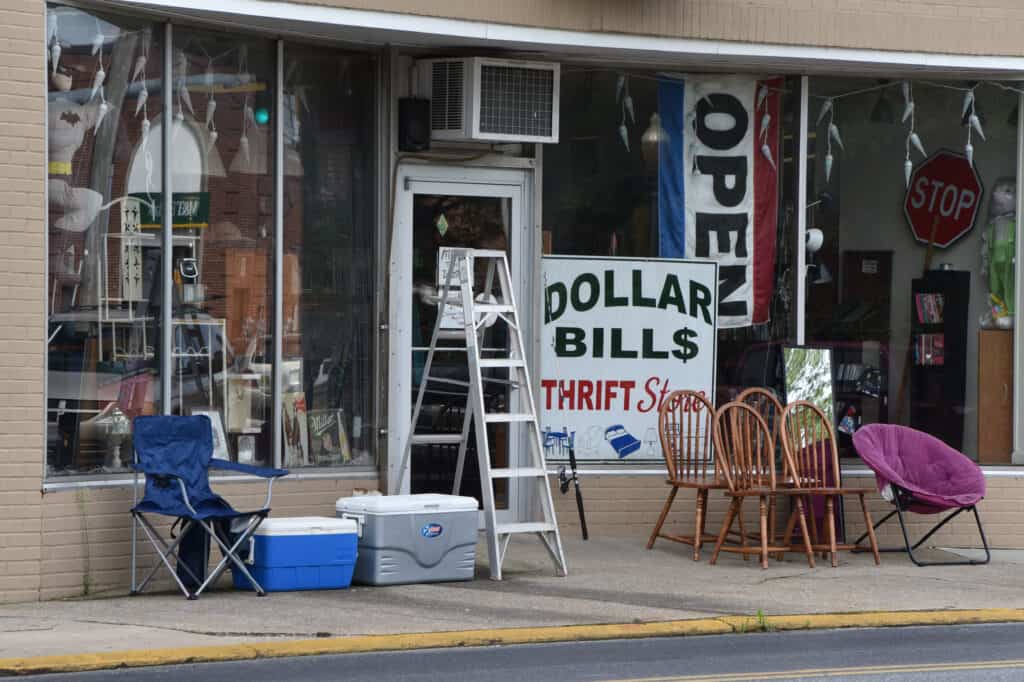
Non-profit thrift stores use their income to pay off operation expenses, taxes, and administration fees. After that, a portion of the revenue might be reinvested in expanding their operations. Whatever is left is spent on charitable causes.
If you’re shopping with the intent to support charity, you must be careful in selecting thrift stores, even within the non-profit category. Some thrift stores reinvest the most significant chunk of their profit in their stores and leave pennies for charitable causes. This gives them their non-profit and social consciousness badges on a technicality.
To prevent such disproportionate reinvestment, many thrift stores have a policy regarding the percentage of proceeds that go to charity. Such stores are the best to donate to.
The for-profit category remains undiscussed. According to Value Village’s own statement, an emerging thrift store franchise, donating to its thrift stores does not support any non-profit. Value Village is not the only for-profit thrift store, so you must do your due diligence before donating to a second-hand store or buying from it with the intention of promoting charity and local causes.
For-profit thrift stores are not required to disclose that they don’t support charities. So, don’t assume that every for-profit second-hand goods store will be as transparent as Value Village.
How Can I Make Sure a Thrift Store Supports Charity?
One of the best ways to find out if a thrift store supports charity is to check out its website.
Often, the donation page features details regarding the causes supported by the thrift store. This can help you tell non-profit thrift stores apart from for-profit ones.
But as mentioned earlier, you still need to make sure that the thrift store is more than just a ‘technical’ non-profit. For that, you need to find out the exact percentage of profit proceeds that go to charity.
We spent some time doing just that: digging into a charity from each state to see if we could find the percentage of profits that go to charity. I was surprised (and alarmed) at the number of thrift stores that don’t publish their charitable donations.
| Thrift Store | State | Proceeds to Charity |
| Bishop’s Attic | Alaska | Over $119,000 was donated to Christian charitable causes in 2017 |
| America’s Thrift Stores | Alabama | 3.5 cents per pound of donated clothes go to the local Make-A-Wish |
| The Bee’s Knees | Arizona | Undeclared |
| Goodwill | Colorado (and various states) | Less than 1/8th of the profit |
| Salvation Army Thrift Store | Various States | The thrift store is owned by a charity |
| Junior League Clothes Horse | Connecticut | Undeclared |
| Beebe’s Treasure Chest Thrift Shop | Delaware | Undeclared |
| Oddballs Nifty Thrift | Florida | Undeclared |
| Lost-n-Found Thrift Store | Georgia | An undisclosed percentage goes to local causes |
| The Thrifty Owl | Idaho | Undeclared |
| Thrift and Thrive | Illinois | Support the organization’s own social support initiatives |
| Audrey’s Place | Indiana | Undeclared |
| Artifacts | Iowa | Undeclared |
| Savers | Kansas | Undisclosed |
| Tickled Pink Mall | Kentucky | Undeclared |
| Pelican Furniture & Thrift | Louisiana | Undeclared |
| Leeward Landing Thrift Store | Maine | An undisclosed amount goes towards feeding the homeless |
| Second Chance | Maryland | The thrift store is owned by a charitable foundation |
| Marine Specialities | Massachusetts | Undeclared |
| Ann Arbor PTO Thrift Shop | Michigan | Undeclared |
| Ax-Man Surplus Stores | Minnesota | Undeclared |
| Nuts | Mississippi | Surplus goods are given to charitable foundations |
| Clothz Minded | Missouri | Undisclosed |
| Re-Couture Boutique | Montana | Undisclosed |
| Dry Goods & Trade | Nebraska | Undeclared |
| Assistance League Thrift Store | Nevada | Thrift Store is owned by a charitable foundation |
| Lucky Dog Thrift Shop | New Hampshire | 100% of profits go to an animal charity |
| Nonu Vintage | New Jersey | Undeclared |
| Thrift Town | New Mexico | Organization owned by a charitable foundation |
| AuH2O | New York | Undeclared |
| Dorcas Thrift Shop | North Carolina | Undeclared |
| Seeds of Hope | North Dakota | Owned entirely by a charitable organization |
| The Designer Consignor | Ohio | Sometimes, the inventory is donated to charities |
| Bargain Thrift Store | Oklahoma | An undisclosed amount goes to Vizavance and Oklahoma Foundation for the Disabled |
| Village Merchants | OREGON | Multiple thousands were raised for charities. |
| Philly AIDS Thrift | Pennsylvania | Free vouchers to AIDS service providers |
| Togs On Brook | Rhode Island | Undeclared |
| Brown Roof Thrift | South Carolina | Owned entirely by a non-profit organization |
| Our Thrift Store | Tennessee | Undeclared |
| Austin Pets Alive Thrift | Texas | Entirely dedicated to pet welfare |
| Urban Renewal | Utah | Entirely owned by a charity |
| Dirt Chic | Vermont | Undeclared |
| Second Chance Thrift | Virginia | An undisclosed amount goes to support its volunteer program |
| Hope Furnishings | Washington | Undeclared |
| Fia’s Fabulous Finds | Washington DC | Undeclared |
| YWCA Past N’ Present Clothing Store | West Virginia | Undeclared |
| Retique | Wisconsin | Undeclared |
| Beautiful Thrifty Rich Consignment | Wyoming | Undeclared |
How to Make the Most Charitable Impact While Thrifting?
To make the most charitable impact when donating to or shopping from a thrift store, you need to make sure the store is owned by a charitable organization or declare the exact profit percentage that goes towards a good cause.
When a thrift store is owned by a charity, 100% of the profit automatically goes to the charity. Whether the charity uses the money for good is a whole other conversation.
Conclusion
Thrift stores are non-profits only when they declare their non-profit status. For-profit thrift stores might make small donations to maintain their image.
The best way to find which stores are actually non-profit is to ask if donations to them are tax-deductible.
Good luck and happy donating!

